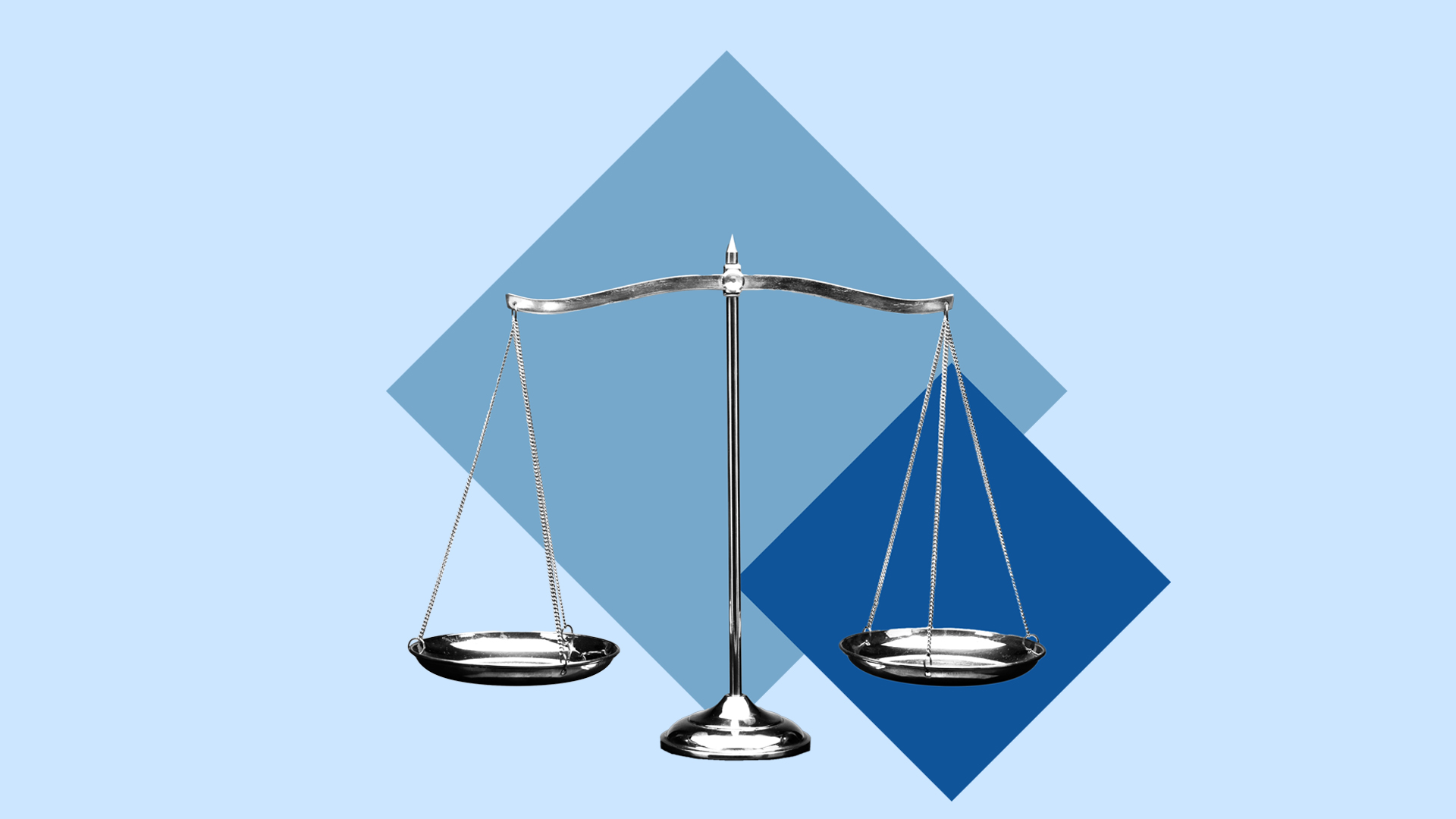China Evergrande liquidators launch legal action against PwC

China Evergrande’s liquidators have launched court proceedings against PwC, accusing the Big Four auditing firm of “negligence” and “misrepresentation” in its work for the collapsed property group.
Lawyers for the liquidators started the legal process against PwC Hong Kong and PwC Zhong Tian, the firm’s mainland China arm, in March, court documents obtained by the Financial Times on Tuesday showed. The documents — which do not say how much money the liquidators might sue for — had not previously been made public.
The March filing with Hong Kong’s High Court, known as a writ of summons, lays the ground for a legal case that would add to PwC’s woes just as it braces for penalties from Chinese authorities over its work for Evergrande. PwC, which resigned as the property group’s auditor last year, had given it a clean bill of health for more than a decade before it collapsed.
The liquidators have also started court proceedings against international commercial real estate services company CBRE and advisory group Avista Valuation Advisory over valuation reports they produced for Evergrande and its subsidiaries in 2018, a separate court document seen by the FT showed.
China Evergrande was the world’s most indebted property developer when it defaulted on its international debts in 2021 with more than $300bn in liabilities. That precipitated a broader property sector cash crunch that sent shockwaves through China’s financial system.
The court filings on behalf of Evergrande’s liquidators, the Alvarez & Marsal restructuring specialists Eddie Middleton and Tiffany Wong, are a sign of how the developer’s collapse could have big consequences for the global professional services firms that helped enable its rapid rise.
In the filing against the PwC entities, lawyers representing the liquidators said the claims were for “losses and damages” in relation to “breach of contract, breach of duty . . . misrepresentation, negligence by, and/or unjust enrichment”.
The claim relates to a March 2018 PwC auditor’s report on Evergrande covering the year to December 2017, among other work for the developer and its subsidiaries, according to the filing. Such claims are typically time-barred if not started within six years of the events in question, said two lawyers with knowledge of the Hong Kong process.
Separately, PwC is facing a possible fine from Chinese authorities over its audit of Evergrande’s mainland businesses. China’s securities regulator said in March that its mainland property unit inflated revenues by $78bn in 2019 and 2020. Partners at PwC fear they could face some of the biggest penalties ever imposed on a Big Four firm in China.
The FT reported in February that Middleton and Wong were preparing to bring a claim against PwC over potential negligence.
A Hong Kong judge in January appointed the pair as Hong Kong-listed Evergrande’s liquidators after its plans for offshore restructuring failed. But restructuring specialists have said it is unclear how much the liquidators will be able to recover as most of Evergrande’s assets are in mainland China, which operates under a different legal system.
On Monday, Evergrande’s liquidators said in a filing to Hong Kong’s stock exchange that they had commenced court proceedings to “recover” funds including “dividends and remuneration” worth a total of about $6bn from its founder Hui Ka Yan and other top company executives.
Another court document obtained on Tuesday gave details of Hui’s global assets, whose worth it put at up to $7.7bn. Hui’s assets included two Rolls-Royce Phantom cars, three jets and two yachts as well as properties in London and Los Angeles, it said.
Hong Kong’s High Court last week lifted a confidentiality order it had imposed on court proceedings by Evergrande’s liquidators in the territory, the liquidators said in a stock exchange filing on Monday.
PwC and CBRE declined to comment. Avista did not immediately respond to a request for comment.
Additional reporting by Thomas Hale in Shanghai









Comments